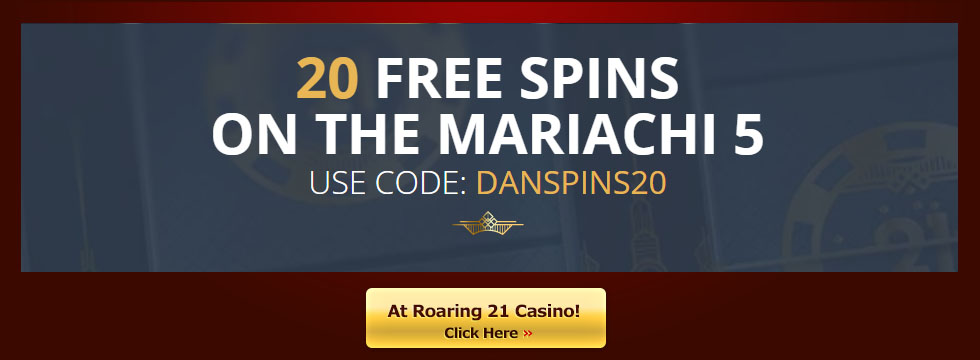While you may not know it, Five Card Cribbage was the original game of Cribbage. It’s how Cribbage was originally created, and while the game has evolved since then it’s still a fun alternative to the current game of Cribbage.
United States Play at Bovada
Five Card Cribbage is good because there’s less room for error, and it’s more skill based. You can read our Cribbage section for all the general rules and scoring of Cribbage.
The differences in Five Card Cribbage compared to the Cribbage game that you may know are the following:
- Two players cut for deal, and the highest card cut is the dealer. The player who loses the deal pegs 3 holes due to the disadvantage in not having the first crib.
- Five cards are dealt to each player. Each player lays down two cards for the crib, and then the turn-up card is displayed.
- When the play of Cribbage is a “Go” or “31” – then the playing part is stopped, and you move onto the counting of the cards. You don’t “reset” the count 0 and continue playing your remaining cards.
- Counting is mostly the same. However the crib is obviously a lot more important because in your regular hands you will only have 4 cards(the 3 dealt cards plus the turn-up card), while the crib will have 5 cards to make points
- If you have 3 cards of the same suit, you get 3 for the flush. If the turn-up card is also of the same suit, you get 4 points. To have a flush in the crib, all 5 cards must be of the same suit
- You don’t play to 121. You play to 61, with the skunk line at 31
And that’s how you play 5 Card Cribbage!
United States Play at Bovada
Additional Five Card Cribbage Questions:
In 5 card cribbage, when counting points in the hands, who is the first to count??? the person counter clockwise to the dealer, or clockwise?
It always goes clockwise.
Related Questions:
Alternative Ways to Ask/Incoming Search Traffic:
The answer to the question How To Play Five Card Cribbage is also applicable for the following questions:
The answer to the question How To Play Five Card Cribbage is also applicable for the following questions:







